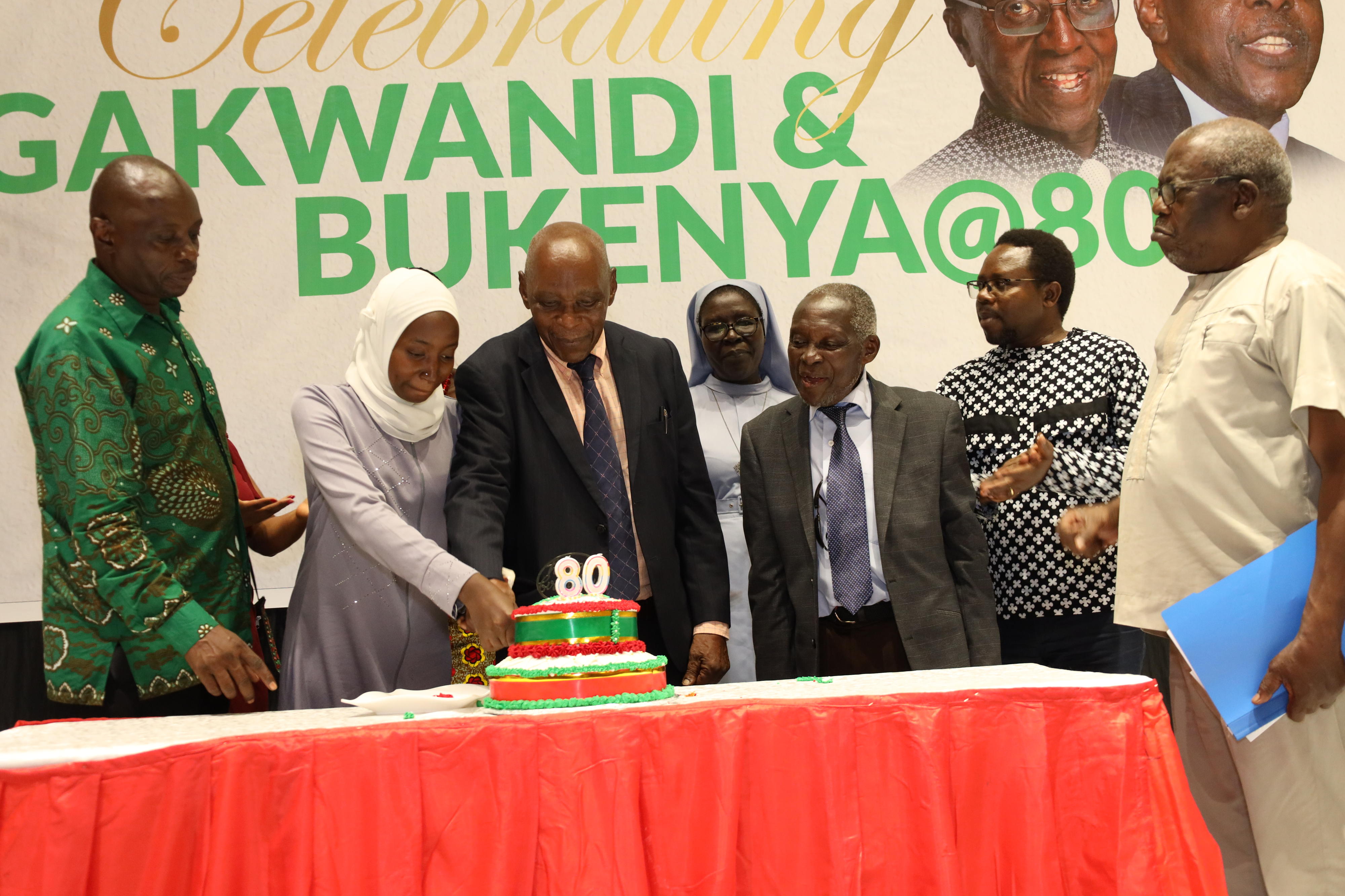1985 coup: Remembering Milton Obote’s final days
What you need to know:
- Second coup. It was on Saturday July 27, 1985 at around midday when an announcement came through on Radio Uganda that Milton Obote’s government had been overthrown by a faction of the army commanded by Brig Bazilio Okello. Henry Lubega looks back at the days leading to the coup.
Last week marked 32 years since former president Milton Obote was overthrown by his own army on July 27, 1985.
The overthrow was the second in his presidency, having been ousted earlier in January 1971 by his army commander Idi Amin.
At around midday on July 27, 1985, an announcement came through on Radio Uganda that the Uganda Peoples Congress government had been overthrown by a faction of the army in northern Uganda commanded by Brig Bazilio Okello.
The coup eased the National Resistance Army (NRA) rebels’ passage to Kampala. Six months after the fall of Obote, Gen Tito Okello and Bazilio Okello’s military commission-led government was also toppled by the NRA fighters.
Genesis
As an individual, Obote never contested in the 1980 general election as the electoral system at the time dictated that the leader of the party with the majority in Parliament became president.
Barely a month after taking office, Obote was faced with an armed rebellion though he dismissed the rebels as a group of bandits.
According to Okoth Ogola, who was the Inspector General of Police at the time, “Those who think Milton Obote did not know his government was going to be toppled are wrong.”
“I was briefing the president often on what was happening, and so was the army. But the question is, why wasn’t he acting?” Okoth Ogola said in an interview last year.
The rebellion took a toll on the military and this created a rift within both the government and military ranks.
According to Dr Henry Opiote, Obote’s former physician, some party members were undermining the party by indirectly infiltrating the army.
“That’s why when the proper enemies of the government were almost being defeated the military infiltrators walked out and staged a coup,” Opiote once told this newspaper in an interview.
Robeson Bennazoo Otim Engur, who once served in the Uganda National Liberation Army (UNLA), believes the fall of Obote’s second regime was his own making.
“The National Security Service Agency (NASA) was Obote’s personal army and it was only answerable to the president’s office. That’s where they reported and got their orders,” he says.
”NASA was an organisation that brought down Obote’s government because the behaviour of their operatives and personnel infuriated and enraged the army. They meddled in military affairs and the general political sphere in Uganda.”
The July 27 military coup came as a surprise to the general population, but those in the security services saw it coming.
However, a former minister in the Obote II regime who asked not to be named so as to speak freely says Obote’s fate “was sealed the day he rejected the request by Americans to have them use an island on Lake Victoria for military purposes”.
Inaction blamed
But Okoth Ogola insists Obote’s inaction when the plot to overthrow him was being hatched contributed to his fall.
“Obote believed the Acholi had sacrificed a lot to keep him in power and he, therefore, had no intention of hurting them. The president would not listen if anybody told him the Acholi were planning anything bad,” he says.
“I told him that UNLA mutineers are going to cross Karuma and he said, ‘they could not’. They crossed and surrounded Masindi. I still went and informed him that they were now in Masindi mobilising Acholi soldiers there. But for the three days they were there, he did not take any action.”
“At about 3pm on the eve of the coup, they left Masindi in a convoy of 15 vehicles. I got the information 15 minutes after their departure and rushed to tell the president, but he did not answer me. I got frustrated and went home.”
Unlike the 1971 coup that found Obote out of the country, during the 1985 coup he resigned himself to letting his presidency go without putting a fight. Obote was also not willing to leave the country; it took the convincing of both his ministers and private doctor to have him leave the country.
Dr Opiote was with Obote when he was forced against his will to leave the country. He recounts:
“Our forces at Summit View were still loyal and wanted to hit Bazillio Olara’s men as they advanced to Kampala, but Mzee said: ‘If these people want the chair it is there, I don’t want blood spilled because of me, I am prepared to die here’.
‘No sir,’ Rwakasisi protested.
But Mzee continued, ‘If they want to kill me let them kill me from here.’
‘Those people don’t reason they are not like you,’ Rwakasisi answered, insisting that Obote should leave the country.”
Obote would later flee to Nairobi, Kenya, where he stayed for a month before going to Lusaka, Zambia, where he lived most of his life after that.
Obote died October 10, 2005, in a hospital in Johannesburg, South Africa.




